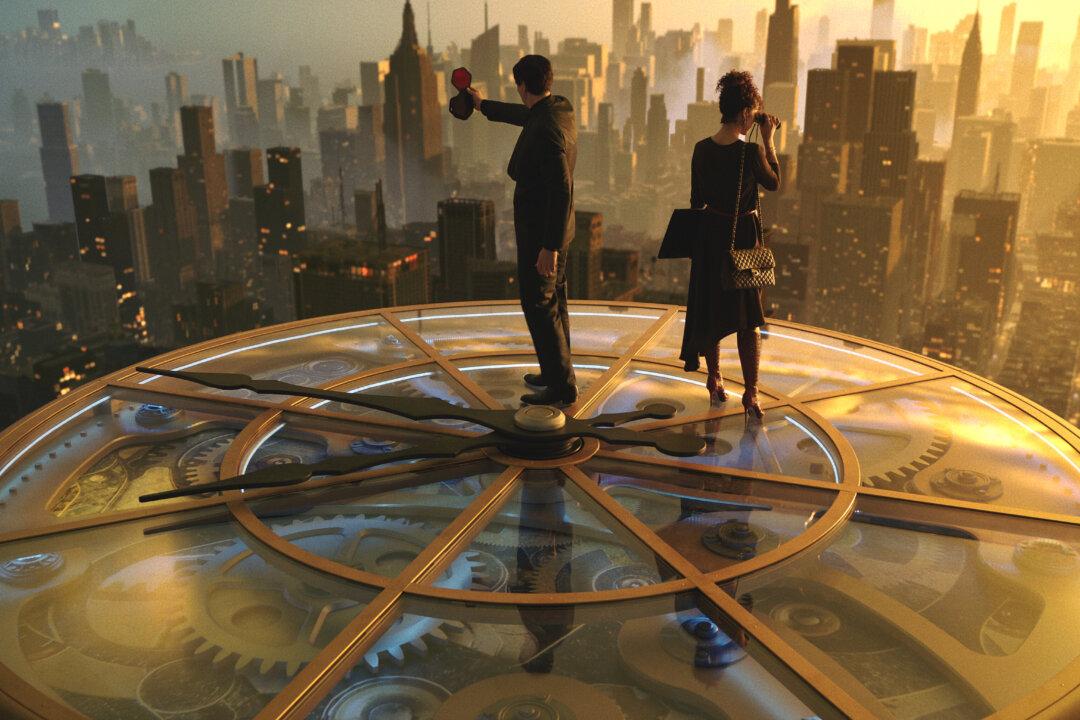A project that has been on writer-director Francis Ford Coppola’s drawing board for close to a half-century, “Megalopolis” recently debuted in the United States to polarizing critical reviews and audience reactions.
As I stated in my recent review, “Megalopolis” has grand aspirations. Its ideas and opinions on a multitude of global and spiritual concerns are more relevant now than ever. It’s amazing that Coppola had the basic framework for his story mapped out so long ago, as most of what takes place in the movie was inconceivable at the time.






